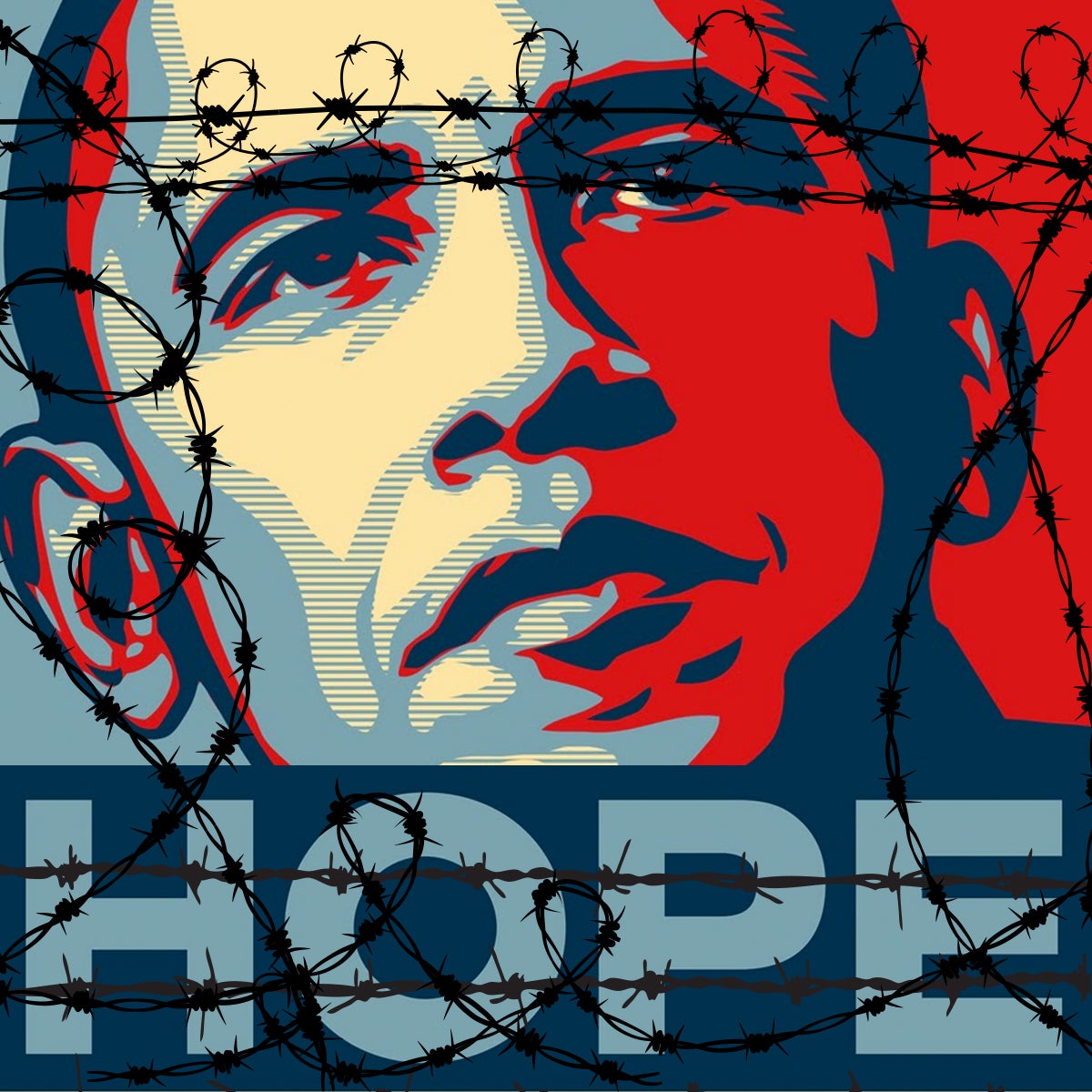
The most polarizing election of our lifetime ended in the wee hours of the morning at 2:31 a.m. when U.S. president-elect Donald Trump was officially announced to the bewilderment of many of us across the country and around the world.
How could a figure so unqualified, radical and racist/misogynist be elected by our nation?
We undoubtedly thought the numerous sexual assault allegations coupled with on-air rape culture banter would be just enough fodder to ensure that the seemingly small glimmer of hope that an already-hateful Trump campaign possessed would vanish. Aside from the Republican presidential candidate being a belittling, image-obsessed man who objectifies women, the sexual assault cases were oddly reminiscent of the multiple women who accused Bill Cosby of sexual assault. And if we could entirely blackball America’s most beloved dad in pop culture history, there’s no way we could elect a repulsive, temperamental man with a similar background of sexual assault allegations to the most coveted job in the world.
But we were wrong.
In 2008, President Obama energized and mobilized millennial voters nationwide to rally behind hope, a cause that invigorated people of all ages, creeds and races to head to the polls. In a similar fashion, president-elect Trump has garnered a cult following of Middle America and working class Whites, building a campaign based largely on the antithesis of hope and fear.
In his candid, off-the-cuff style, he masked racism behind a branded slogan – Make America Great Again – which is based on anti-Islamic and anti-immigration policies, and antiquated, derogatory views on women.
The way America voted in the 2016 election shows that overall, we support a president who believes the only way to make our country great again is, essentially, to run one that is built on hate, driven by irrational fear of terrorism, misunderstanding of minority communities and blatant disrespect towards women.
While it may seem astonishing to believe that Americans marked their oval dots at polls across the country Tuesday for a man so grossly unqualified, loose-lipped and hateful, the results of this election have instead unmasked that as a society, we are more than willing to turn a blind eye to racism and sexism.
And while this is evidenced today on a national scale, minorities in this country experience this blatant cold-shoulder approach in workplaces and universities across the country every single day. Americans’ votes are not only totally disappointing eight years after our first African-American president tirelessly fought to make this country a better place for all, but also extremely revealing of the closed-door, innate feelings of racial superiority that seems ingrained in the racial majority of our country.
How else could one justify turning a blind eye to all of the wildly inappropriate and insensitive comments president-elect Trump has made and cast a vote for him? How hypocritical is our nation to figuratively tar and feather Bill Cosby, an African-American pop-culture icon, but gloss over and elect Trump?
Subscribe to our daily newsletter for the latest in hair, beauty, style and celebrity news.
How sad is it that more White women voted for a man who calls them pigs, ranks their physical appearances and gropes them than those who voted for Hillary, our first-ever, more-than-qualified female candidate? Roughly 53 percent of White women voted for Donald Trump.
Political views aside, Trump’s immoral character made even the most right-leaning, politically savvy Washington insiders and influencers chant and tweet #ImWithHer. But by and large, working class White voters aligned with the candidate they could get behind, as many socially progressive millennials, urban dwellers and minorities did in 2008.
Make no mistake, it is in direct, stark response to President Obama’s election that we have elected into the White House a man whose views are the antithesis of everything President Obama stands for and moved forward during his two terms in office.
While Trump’s branded platform sounds overwhelmingly optimistic, it is built on the premise of wanting to lead a country as homogeneous as its forefathers.
In today¹s polarized, dejected America, one can only hope that we can continue to address racial and gender disparities, uncomfortable as they may be, head-on with direct dialogue and civic activism. That means getting involved in local organizations and politics to help ensure that our policies, no matter who is in office, can help us to carry the spirit of hope that many of us have lost today.